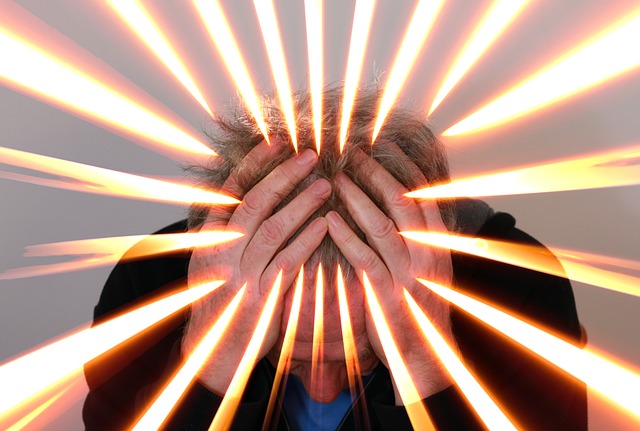The age-old question that everyone asks before adding an item to their list of possessions used to be, “Do I need this?” The current day approach to that very specific question has become more of a statement like, “Everyone has this… I want it too!”

Photo: pixabay.com
Have you seen the queue to buy the latest iPhone?
There are a number of things you need in life, simply to sustain your existence: Food, water, shelter, clothing and, depending on where you live, a form of transportation.
Each version of those necessities can exist on a number of levels, based on your personality, or the perception you are trying to project onto others.
For example, everyone needs to eat. What does that mean to you? Does that mean you pack a lunch that includes sustenance that will provide you with the energy to get through the day successfully? Or does that mean you go to a restaurant each day and overindulge in a meal that is full of fat, sodium, and preservatives?
Your body certainly does not need the extra food to enhance its production and based on the portions served at restaurants these days, you are probably overeating, which may make you LESS productive upon returning to the office.
The body’s need is to survive, and that need is provided through nutrients. Your want may be the extra salty, delicious-to-a-fault portions, which will not only hinder your ability to function properly but can also cost a significant amount of money to achieve. Not to mention the possible disadvantages to your health, thanks to the fat, sodium and size of the meal.
In the same vein, the body needs water to survive. It does not need soda, alcohol, or juices to maintain its level of dexterity; it simply needs water.
Depending on where you live, sagely drinking water as a form of hydration can be free, right from the tap of your home or office. Or at most, it can include the expense of a water filter and reusable/refillable receptacle to drink it from.
This one form of hydration is all your body actually needs to survive. Anything else can be lumped into the “want” category. When you opt to consume things you want, it affects your health, budget and possibly your ability to make sound decisions, or display proper judgment. That is not to say that all beverages that are not water are bad, or hazardous to your health. They are just unnecessary for you to sustain life.
Houses, cars, and possessions can all be divided into these two categories as well. The minimalist approach can be assigned to each of the classifications as well, with a simple analysis of your home and lifestyle.
When thinking about the home you need, evaluate how many people you are housing, and how much room each will need to sustain life.
If you are a single person, you certainly do not need 6 000 square foot home, or even one that has more than one bedroom to clean. Purchasing or leasing something so extraordinarily large in comparison to the number of people who will be using it is the exact opposite approach to minimalism.
Vehicles can be evaluated in the very same way.
Decide how many people will be using the vehicle simultaneously. If you have four kids, you will need something bigger than a two-seater to ensure their safety during transport.
Minimalism does not always mean less. However, you do not have to purchase anything that costs more than an existing model, simply because it has power windows or Bluetooth technology. When you are thinking minimalistic, you simply need a vehicle that will provide safe transportation for you and your passengers for an extended period of time. Everything else is a want, not a need, and will cost more money than is necessary to achieve the same goal.
Possessions are the first thing that can be ruled out when you are developing a minimalist approach.
With all of the available gadgets including phones, tablets, and televisions, you could potentially save yourself an exorbitant amount of money by passing on the purchase of anything you do not physically need. If you are a student, a computer would be a necessity. That computer, however, would only need to function as a word processor, research aide, and communicative tool. It would not need to cost more simply because of its brand name.
As for the items you already have at home, evaluate whether or not they are useful for you. If the pile of useless things is too big, you may need professional rubbish collection services to get rid of it. London has many qualified providers of rubbish removal services you can trust taking care of your junk.
That same logical thinking can be extended to all of your possessions. Determining which items you actually need to survive or function according to your livelihood, will save you a lot of time, space and more importantly, money.








Leave a Reply